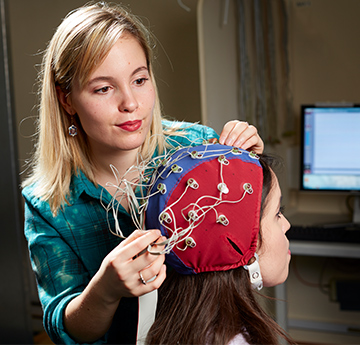The Challenge
Pelvic Floor Dysfunction (PFD) affects 25% of women Worldwide. Physiotherapy Pelvic Floor Muscle Training (PFMT) is an effective, safe, and cost efficient treatment, yet many women do not attend or complete their sessions. This means many women rely needlessly on expensive incontinence pads, limiting their quality of life, or have to undergo surgery.
The use incontinence pads costs Swansea Bay University Health Board (SBU), just one health board, £1million a year, and each operation costs between £2000-£5000 compared to around £50 for physiotherapy treatment.
In 2009, Swansea Bay University Health Board approached Professor Reed to undertake research into the psychological and social reasons for non-completion of PFMT. This enhanced understanding would be used to develop support systems to increase engagement with treatment, empower women, and increase the quality of their lives. Psychological screening tools would also be established to identify patients who would benefit from the support systems.
Professor Reed found that 50% PFD sufferers were not attending for treatment. Patients who also had depression and anxiety (around 30% of this patient group) were even more likely not to complete treatment, and would have poorer PFMT outcomes even after the had completed treatment.
Beliefs and motivations predicting PFMT-attendance were also explored. PFD patients who had started to change their behaviours (‘active’ and ‘maintenance’ stages-of-motivation) attended more PFMT sessions, and had better clinical outcomes, than those who had not yet started to change their behaviours. Holding beliefs, like valuing work, family, and spirituality, as well as holding strong health values predicted attendance, but only those who valued health for themselves (not for its impact on others) showed clinical benefits from PFMT.










